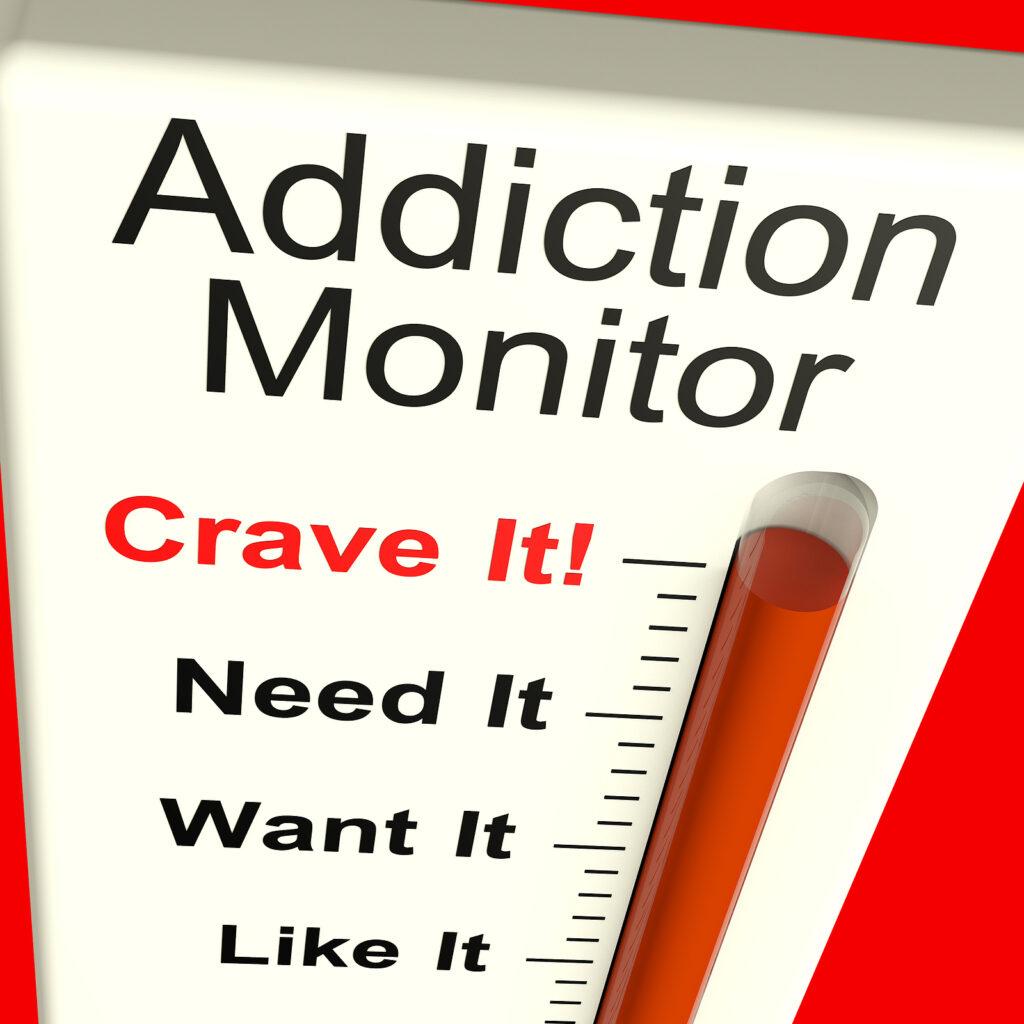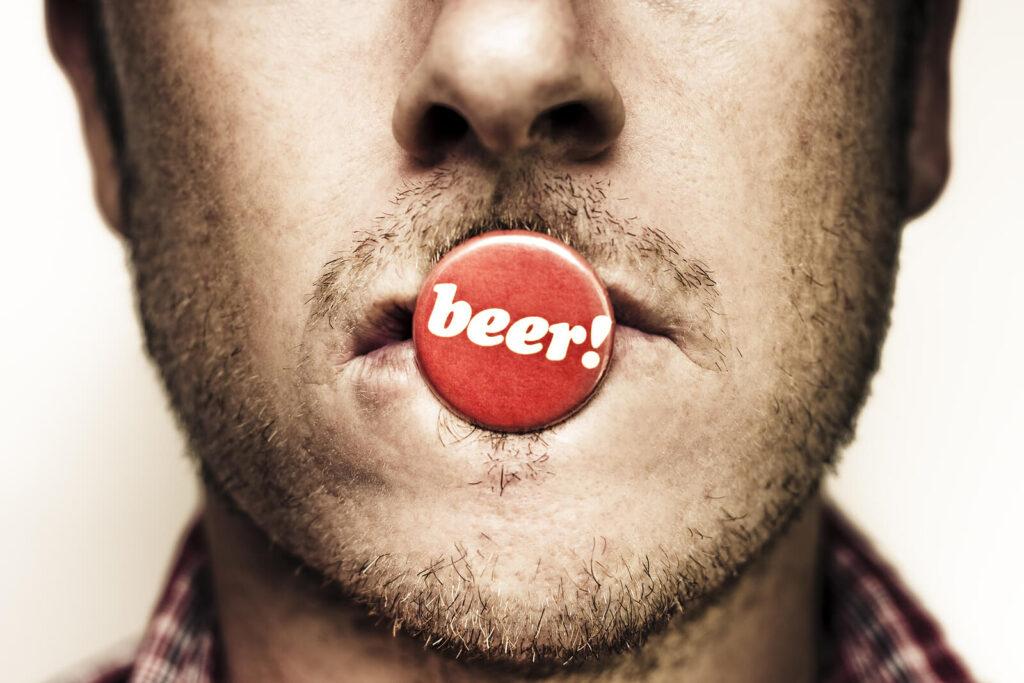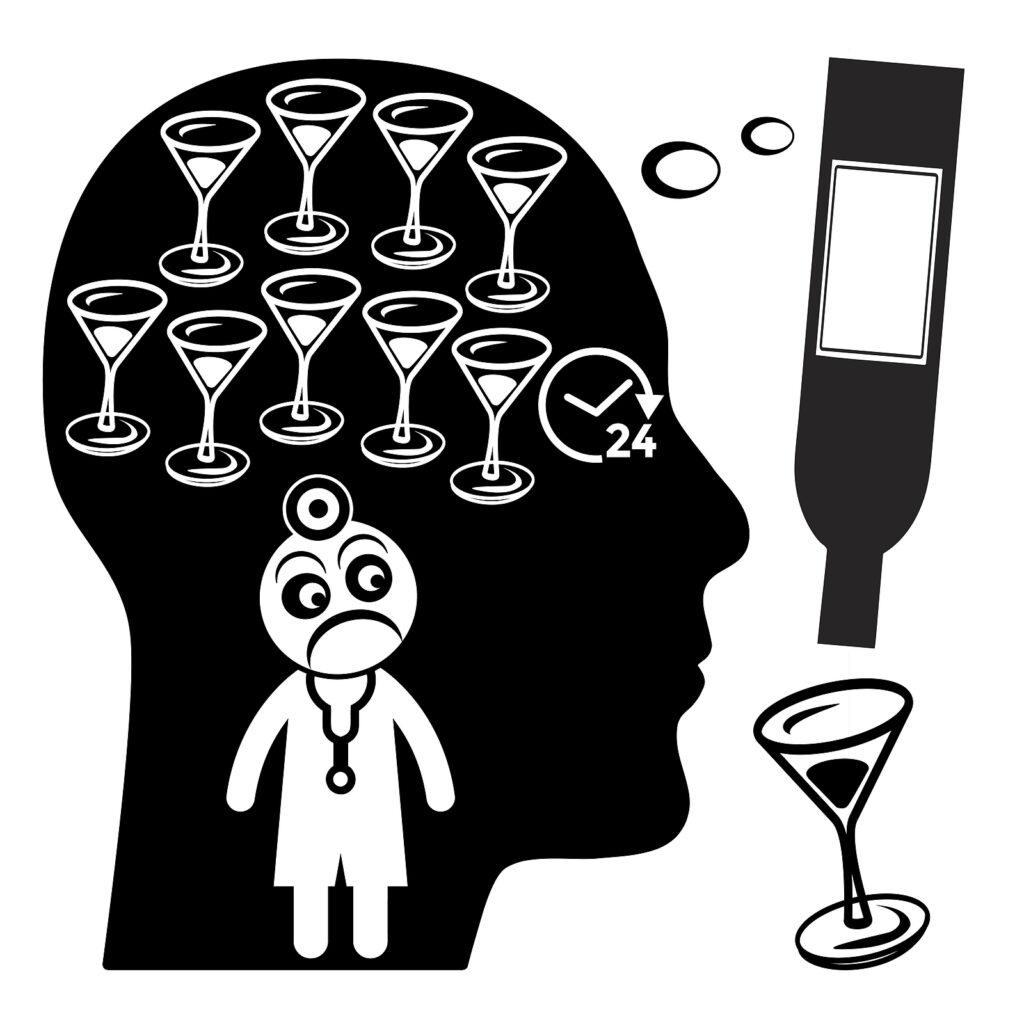Alcohol Cravings and Triggers
How to Manage Alcohol Addiction Cravings and Triggers

Alcohol addiction can be an incredibly daunting and overwhelming experience for those living with it. Trying to navigate triggers and cravings that can lead to relapse can seem like an uphill battle. But, there are successful and effective ways to handle and control alcohol addiction triggers and cravings that can assist individuals on their road to recovery.
Identify Triggers
The first move towards managing alcohol addiction triggers and cravings are to recognize them. Triggers can come in the form of thoughts, emotions, or circumstances that could potentially bring about alcohol use. Popular triggers are usually stress, worry, depression, dullness, and social settings. Once triggers are recognized, strategies to cope with them can be developed.
Create Coping Strategies
Coping strategies are tools people can use to manage triggers and cravings. These strategies can be wholesome activities that help in reducing tension and stress, like physical activity, meditation, yoga, and deep breathing techniques. Talking to a trustworthy friend, family member, or therapist can be a great way to handle any hard feelings that may arise.
Make Preparations

Pre-planning is another key strategy in controlling triggers and cravings. If a person knows that certain events or occasions may be a trigger, it’s important to have a plan in place to handle these circumstances. For instance, if an individual is aware that a family gathering may bring about cravings, it’s wise to bring along a reliable friend or family member, or have an escape plan if need be.
Stay Away From Triggers
It is not always possible to keep away from all triggers, but some of them can be avoided. For example, if a specific social gathering or group of friends is a trigger, it may be best to stay away from these settings or minimize contact. It is also very important to remove any alcoholic beverages from the home and avoid places that offer access to alcohol.
Practice Self-Care
Self-care is an important part of controlling triggers and cravings. Engaging in activities that will lead to relaxation, reduce stress, and bring about overall well-being can assist individuals in dealing with triggers and cravings. This could involve exercising, being in nature, getting enough rest, and using mindfulness.
Be Part of a Support Group

Support groups are an invaluable asset to people who are struggling with alcohol addiction. Being part of a support group will give individuals a safe and reassuring atmosphere where they can share their stories, get the necessary assistance, and gain knowledge from other people. It can also make individuals feel less alone and provide a sense of community.
Seek Professional Help With Alcohol Addiction Treatment
For some, managing triggers and cravings may require assistance from an expert. Addiction psychiatrists are specially trained to identify alcohol addiction and train individuals to manage cravings for alcohol in their daily lives. Treatment options for alcohol addiction consist of therapy, medications, and inpatient or outpatient treatment programs. A specialist can help to identify triggers, build coping strategies, and give help during the healing process.
In summary, handling alcohol addiction triggers and cravings can be an ongoing and challenging journey. Nevertheless, with the right resources and help, individuals can manage their triggers and cravings and work their way to a sober life.
Begin Alcohol Addiction Treatment in New York, NY
Don’t be scared to reach out for assistance and to take it one day at a time. With persistence and commitment, recovery is a possibility. As an adult psychiatrist in New York, NY, I would be happy to assist you on your recovery journey from my NYC, Manhattan-based practice. You can start your therapy journey by following these steps:
- Contact Stephen Gilman, MD
- Learn more about me and my approach to alcohol addiction treatment
- Start conquering your cravings!
Other Services Offered with Stephen Gilman, MD – Addiction Psychiatrist in NYC, Manhattan
I know that clients may experience more than one mental health concern at a time. This is why I’m happy to provide a variety of services in addition to alcohol addiction treatment. These services include young adult psychiatry, and adult psychiatry. I’m also happy to offer prescription drug addiction treatment, cocaine addiction, meth addiction treatment, behavioral addiction treatment, PTSD treatment, drug addiction treatment, and marijuana addiction treatment. Learn more about me or visit my blog for more helpful info.




Trackbacks & Pingbacks
[…] Alcoholics Anonymous has been successful in helping people recover from alcoholism for over 75 years and is one of the most well-known self-help alcohol addiction treatment programs available. Alcoholics Anonymous is a fellowship of men and women who share their experiences, strength, and hope with each other that they may solve their common problems and help others to recover from alcoholism. The only requirement for membership is a desire to stop drinking. […]
[…] focuses on reducing the risks associated with alcohol consumption while encouraging people to moderate their drinking rather than abstaining completely. But how effective is this approach? Is it right for you? These […]
[…] or work. When a woman enters recovery from alcoholism she must learn new coping skills that will help her stay sober. Otherwise, she will not be able to maintain sobriety over time. Stephen Gilman, MD is an addiction […]
[…] restlessness, and difficulty concentrating. These symptoms in turn can lead to increased cravings for alcohol, making it harder for people with both conditions to abstain from drinking. Moreover, the […]
Comments are closed.